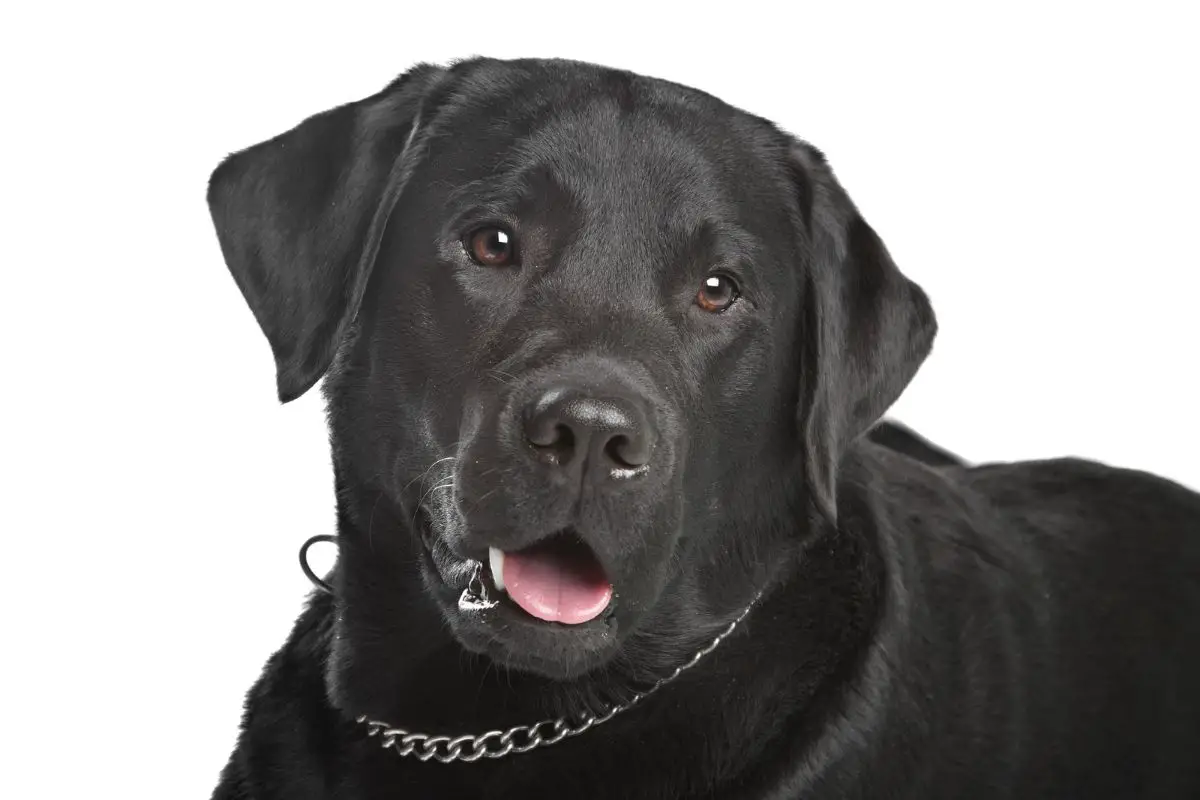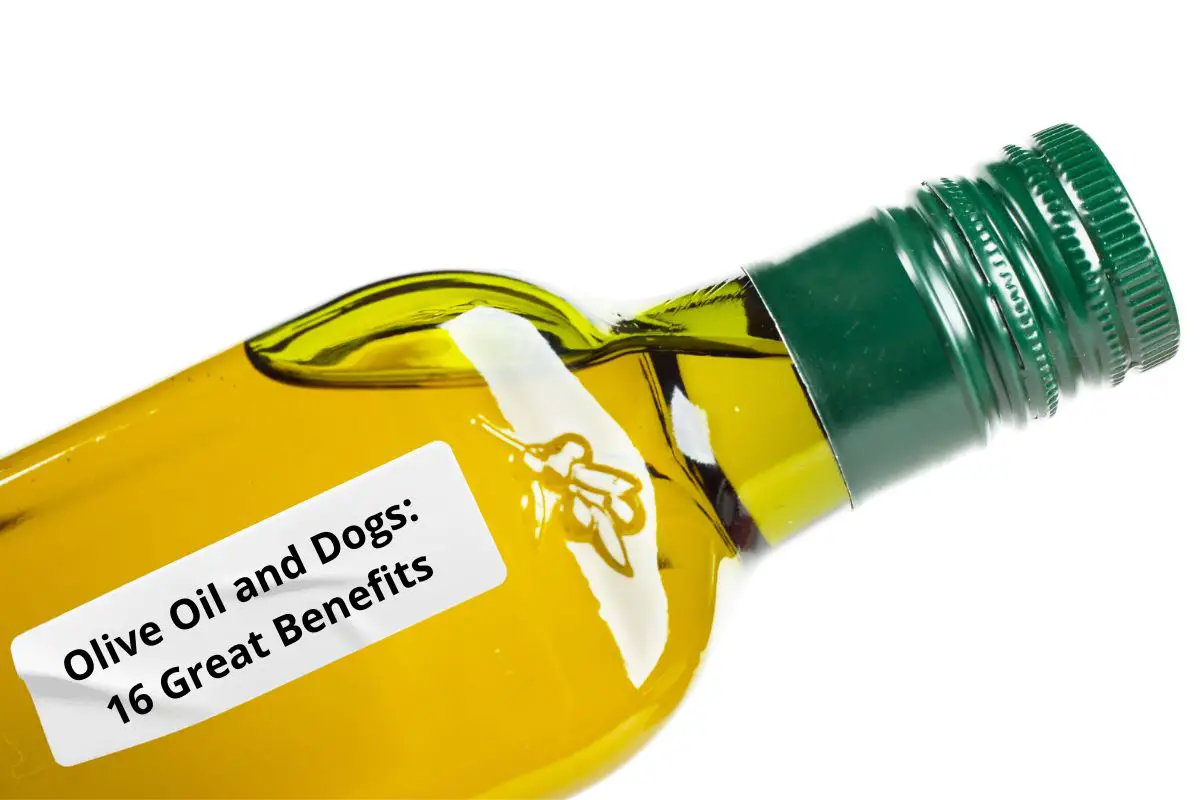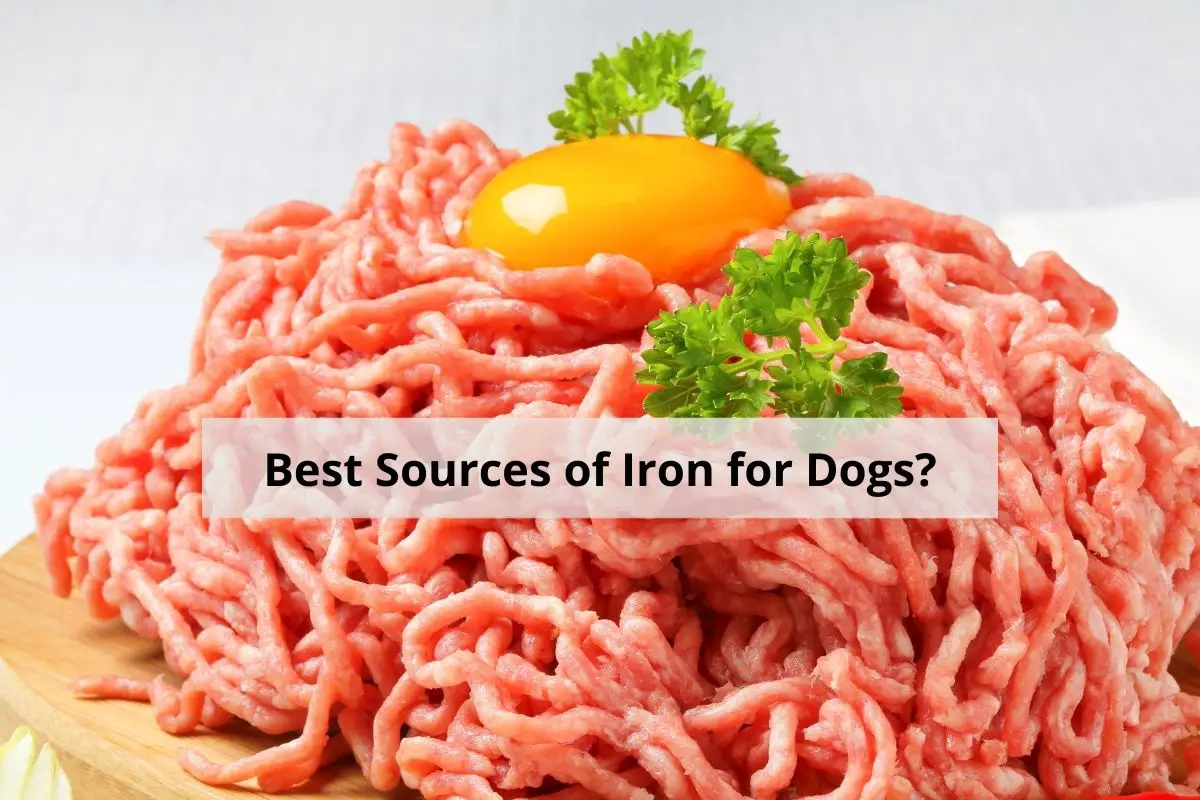This post contains affiliate links.
Deer are herbivorous mammals found in a variety of biomes, from the tundra to the rainforest. These hoofed animals have high nutritional requirements that are necessary for their survival. Supplemental feeding of deer is not recommended by those uneducated about deer diets, as it may contribute to chronic wasting disease or even lead to injury or death.
Deer cannot eat dog food, as their diets change as the seasons do., and their bodies need time to adjust to different foods. Dog food contains meat protein and may be difficult for deer to digest, leading to starvation if a deer’s stomach is packed full of indigestible matter.
The general thought is that just because most dog food consists primarily of grains, that it’s suitable for these herbivores. Unfortunately, that assumption could be deadly to deer. Read on to learn more about whether deer can eat dog food, as well as what you can feed deer instead.
Table of Contents
Deer Diet vs. Dog Diet
Deer and dogs are two completely different species. A varied, nutrient-rich diet is essential to deer, and their nutrient requirements differ from that of canines.
In this section, we will discuss the differences between deer and canine diets.
Optimal Deer Diet
Unlike dogs, deer are herbivores that feed on grasses, plant shoots, seeds, fruits, herbaceous flowering plants, shrubs, and trees. Their diets change with the seasons and their metabolic needs. In the winter months, they munch on lichen and acorns.
A deer’s small stomach and high nutritional requirements mean they cannot survive by consuming a single food source for long periods.
While dogs can survive off strictly dog food, a deer is unlikely to thrive on the same diet. They are browsers that require different types of easily digestible foods that contain the minerals they need, especially calcium and phosphate.
In addition, supplemental feeding without care can lead to many other health issues and decrease the deer population.
Optimal Dog Diet
While deer consume plant material as their primary food source, a dog’s primary food source is animal proteins. A dog needs at least 10% of its daily caloric intake from proteins, preferably from animal matter.
While commonly referred to as carnivores, canines are actually omnivores.
The digestive tract and tooth structure of canines has evolved to allow them to tolerate an omnivorous diet, and they meet their nutritional needs by consuming a variety of both plant and animal matter.
The primary difference here is that deer eat mainly plants, and dogs eat mainly animal protein.
Proteins and fats are a dog’s primary energy source. In contrast, deer receive most of their energy sources from carbohydrates, especially in the fall and winter, as this helps build up fat reserves. Protein is vital in deer diets as well, but they receive their protein from plant sources.
Do Deer Eat Meat?
Contrary to popular belief, the term “herbivore” does not mean that the animal doesn’t eat meat—it simply means that the animal’s digestive system is adapted for mainly eating plant matter.
In a typical environment, deer do not eat meat. There are, however, particular circumstances that may drive a deer to indulge in meat-eating behaviors and even scavenger behaviors. It usually happens when food is scarce, or the deer need to meet a specific metabolic need.
Scientists have observed deer eating human flesh, and in the past, deer have been observed consuming fish, dead rabbits, and even chasing and eating live birds. Scientists theorize that deer consume flesh when they need phosphorus, sodium, and calcium, which may be scarce during the winter months.
Despite being occasionally found eating meat, deer are not equipped to digest these meats efficiently. Therefore, we do not recommend feeding deer foods containing animal matter.
Is It Dangerous To Feed Deer Dog Food?
Dog food ingredients vary significantly. While some canine kibble contains fruits, vegetables, and other all-natural plant matter, the other ingredients make it unsafe for deer. Most dog foods contain animal proteins that are not suitable for deer consumption.
It is dangerous to feed deer dog food. Deer do not regularly consume animal proteins, and they need time to adapt to new food sources. Feeding deer dog food may have detrimental effects on their digestive system, including bloat, especially if given dog food in large amounts.
The nutrients in dog food consist of protein, carbohydrates, fats, vitamins, minerals, and water, in that order.
The main ingredient in dog food is usually an animal protein, however, a large portion of grains makes up some commercially produced dog food. Many people are under the impression that since these foods contain mainly plant matter, they must be adequate for deer. That is not true, and unfortunately, feeding deer unsafe foods can kill them.
When food is scarce, deer may flock to areas where there is an abundant food source, whether it’s good for them or not. They may eat dog food, but it’s unlikely that it will provide any real benefit. More importantly, it could be dangerous.
Below, we’ll discuss some common problems that deer face when fed diets that are unsuitable.
Bloat
If their diet is changed abruptly, it affects the gastrointestinal pH and microbiome. Deer that have not eaten in some time can die if they come across a large pile of food and devour it. Consuming large amounts of carbohydrates can lead to acidosis and bloating, which can result in death.
Chronic Wasting Disease
Feeding deer in close proximity to other deer populations can promote the spread of chronic wasting disease. Wildlife experts recommend not feeding deer at all, but if you feel that you must, feeders should be off the ground, and there should be different stations set up throughout the property.
Keep in mind that feeding deer is illegal in some areas.
Starvation
Deer are known to engorge themselves with food to build up fat reserves during the winter months. If they consume massive amounts of corn or other difficult-to-digest foods such as dog food, they can die of starvation with stomachs packed full of indigestible matter.
Enterotoxemia
Enterotoxemia occurs when deer consume massive amounts of carbohydrate-laden foods, especially grains. It’s often referred to as “grain overload,” and it’s caused by a bacteria called Clostridium perfringens type D that can lead to convulsions, diarrhea, and death.
Corn Dangers
Often used as a food supplement for deer, corn is low in nutritional value.
People should only feed corn to deer sparingly, in addition to other foods. As a primary food source, corn is dangerous for deer, and it makes up a large portion of most low-end dog food. Feeding wild deer large amounts of corn may result in acidosis or enterotoxemia, both potentially fatal.
What Foods Can Deer Eat?
Instead of feeding deer dog food, which is potentially dangerous to their health, consider the following alternatives. The chart below lists ideal foods that may be fed in different seasons to mimic the wild deer diet.
| Late Winter / Early Spring | Late Summer / Early Fall | Fall / Winter |
| Cauliflower Spring Greens Arugula Brussel’s Sprouts Cabbage Clovers Chicory | Acorns Soybeans Watermelon Cowpeas Sunflowers | Oats Triticale Clovers Winter Peas Turnips Kale Pumpkin |
In the winter, avoid feeding foods like corn and alfalfa hay. Instead, cut twigs and branches down so that fruit and seeds are easily accessible to deer.
Planting food plots specifically for deer is an effective, safe, and legal way to support local deer populations. Trees include pears, apples, persimmons, chestnuts, maple, willow, and white cedar.
Soybeans, pokeweed, goldenrod, and honeysuckle are favorites among deer.
Final Thoughts
While deer may take it upon themselves to ingest dog food that you’ve left out, it’s not beneficial for them. Deer stomachs are adapted to herbivorous diets, not diets that contain animal protein.
Feeding deer to support them in times when food is scarce is well-intentioned, but sometimes it’s best just to let mother nature do her thing. When humans intervene, the results are often detrimental.
Supplemental feeding of wild deer helps increase their population and improve survival, but your desire to help could be deadly. Do not use dog food as deer feed.
Related Articles
- Can Rats Eat Dog Food? What You Need to Know
- Can a Cat Eat Dog Food? Is It Safe?
- Can Guinea Pigs Eat Dog Food? Avoid Affecting Your Pig’s Health!
- Can Rabbits Eat Dry Dog Food? My Opinion
- Can Sugar Gliders Eat Dog Food? Is It Safe?
- Can Fish Eat Dog Food? Is It Safe?
- Will Canned Dog Food Hurt My Cat? (We Ask the Experts)
Sources
- World Deer: Are Deer Herbivores?
- Whitetail Deer Management: Deer Protein Requirements
- National Geographic: Never Before Seen – Deer Spotted Eating Human Bones
- Deer Friendly: Feeding Deer
- Pennsylvania Game Commission: Rumen Acidosis
- Centers for Disease Control and Prevention: Chronic Wasting Disease
- Michigan Department of Natural Resources: Corn Toxicity in Ruminants (Deer and Elk)
- Minnesota Department of Natural Resources: Don’t Feed Deer
Mrdogfood.com is a participant in the Amazon Services LLC Associates Program, an affiliate advertising program designed to provide a means for sites to earn advertising fees by advertising and linking to Amazon.com. We also participate in other affiliate programs which compensate us for referring traffic.




